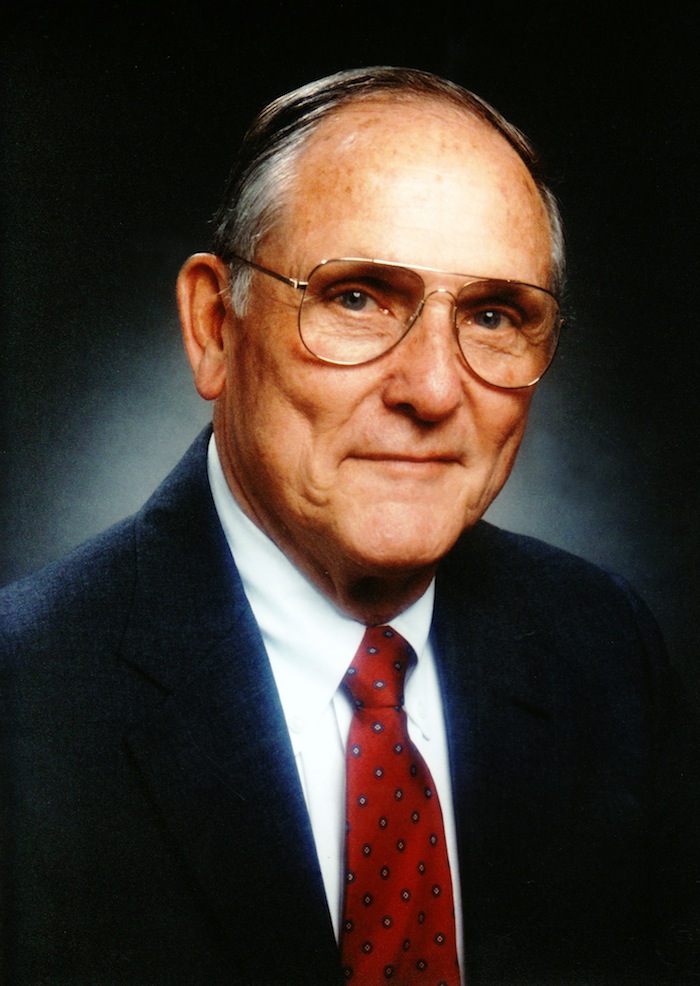By Kimberly Swick Slover
Hardy Hendren III, MD (D’47, Med’50), will present a lecture on the career of John Hunter, an 18th century Scottish doctor who is considered the father of modern surgery, on Tuesday, Nov. 4, at Dartmouth-Hitchcock Medical Center.
The event will take place from 5:30 to 6:30 p.m. in The Frank-Ketterer Auditorium (Aud. E) and is free and open to the public. A brief reception will proceed and follow the lecture.

John Hunter, born in rural Scotland in 1728, struggled in school and dropped out at age 13, possibly due to dyslexia. Trained in anatomy and dissection by his brother William, a respected surgeon and teacher who ran an anatomy school in London, the younger Hunter then studied under Dr. William Cheseldon, the first surgeon to correct blindness by removing a cataract, and Dr. Percival Pott, who made major advances in the study of bone diseases. Dr. Hunter went on to become the house surgeon at St. George’s Hospital in London and was later a staff surgeon for the British Army during the Seven Years’ War, also known as the French and Indian War.
Returning to London after the war, Dr. Hunter established his own anatomy school and began a private surgical practice. He was an early advocate for scientific methods such as direct observation, dissections, and experimentation before incorporating new methods into surgical practice, a controversial and revolutionary approach to surgery at the time.
A gifted surgeon and devoted teacher, Dr. Hunter became one of the most accomplished and influential doctors of his time. Today he is recognized as an extraordinary anatomist and one of the founders of modern scientific surgery—his treatise on human teeth was the foundation of modern dentistry. Dr. Hunter also conducted some of the earliest experiments on tissue transplantation, developed surgical techniques to repair the Achilles tendon, and to ligate arteries in cases of aneurysm rather than amputation. His greatest influence on the development and proliferation of scientific, experimental surgery was through the students who trained under him, including Edward Jenner, who developed the smallpox vaccine, the world’s first vaccine, and Philip Syng Physick, known as the father of American surgery.
Dr. Hardy Hendren, the Robert E. Gross Professor of Surgery at Harvard Medical School and Emeritus Chief of Surgery at the Children’s Hospital Boston, is a graduate of Dartmouth College, Dartmouth Medical School, and Harvard Medical School. Dr. Hendren took great interest in children born with critical and life threatening urogenital abnormalities, who often died young or experienced severe discomfort because of their conditions. His determination to heal these children led him to develop a range of innovative reconstruction techniques in pediatric surgery, which enabled his young patients to lead healthy, productive lives. Dr. Hendren’s breakthroughs in reconstructive techniques revolutionized the nascent fields of pediatric surgery and pediatric urology and set the standards for scientific research and surgical practices in these areas.
About the Geisel School of Medicine at Dartmouth
Founded in 1797, the Geisel School of Medicine at Dartmouth strives to improve the lives of the communities it serves through excellence in learning, discovery, and healing. The Geisel School of Medicine is renowned for its leadership in medical education, health care policy and delivery science, biomedical research, global health, and in creating innovations that improve lives worldwide. As one of America’s leading medical schools, Dartmouth’s Geisel School of Medicine is committed to training new generations of diverse leaders who will help solve our most vexing challenges in health care.
Kimberly Swick Slover is assistant director of alumni relations at Geisel School of Medicine.